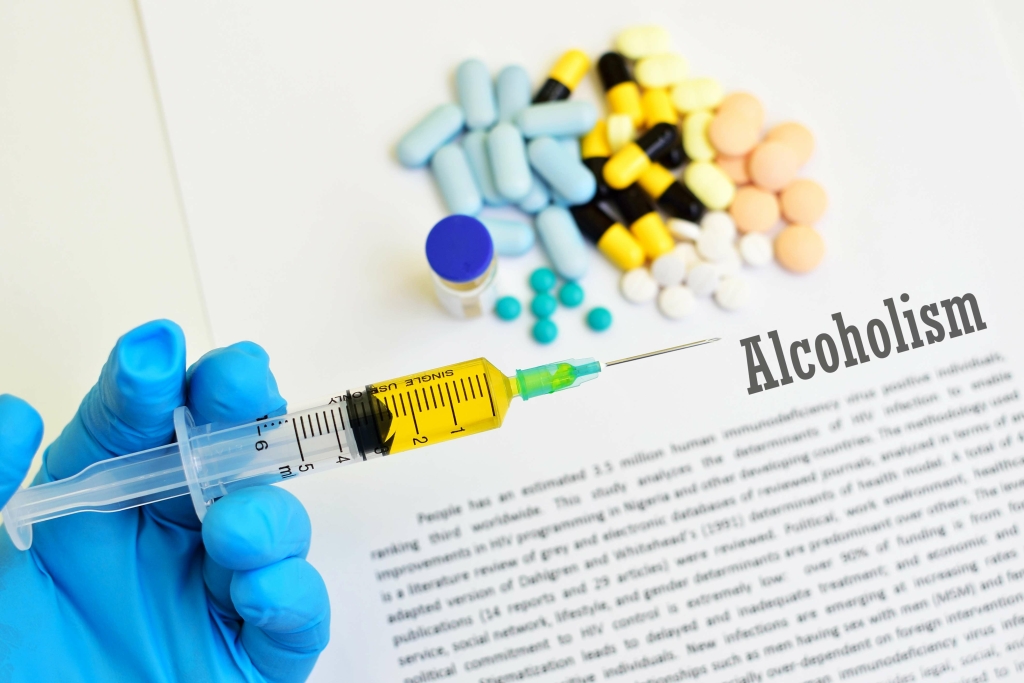Content
This final phase leads to a complete loss of control over alcohol consumption—the individual must drink.6 At this point, the individual’s body begins to require the presence of alcohol to feel normal. When the individual does not consume alcohol regularly, they may experience withdrawal symptoms and intense cravings. Jellinek viewed alcohol addiction as a chronic relapsing condition that needed to be treated by health professionals and developed a theory on the progression of the disease through various stages. If you or a loved one is ready to overcome an alcohol addiction, reach out today.
What are the 7 steps to overcome alcoholism?
- How do I stop drinking?
- Set goals and prepare for change.
- Cutting back vs. quitting alcohol altogether.
- Alcohol addiction treatment options.
- Alcohol withdrawal symptoms.
- Get support.
- Find new meaning in life.
- Plan for triggers and cravings.
A good starting point is to meet with the EAP counselor, if possible, to discuss the problems observed and any other behavior by the employee that needs attention. The EAP counselor can help devise a strategy for confronting the employee and advise on techniques of addressing the problems. It is generally a good practice to notify any employee who is being counseled for a performance or conduct problem about the availability of the EAP.
Thinking About Rehab?
In the middle stage, the alcoholic is unknowingly physically dependent on alcohol. He or she simply finds that continuing to use alcohol will prevent the problems of withdrawal. By the time an alcoholic is in the late stage, he or she is often irrational, deluded, and unable to understand what has happened. If the employee is willing, he or she may be sent to the health unit for observation or a possible assessment.

Without stating the obvious, let the person know that you are there for them no matter what. It’s very easy to have a conversation with someone, and keep the subject matter silent, while both of you know what’s going on. By avoiding bringing it up in direct words or unveiling anger, you’re showing them that you’re not being judgmental, that you just want to help.
Substance and Mental Health Services Administration (SAMHSA)
Medicare is a government program that helps low-income families whose income is below the poverty line. Medicaid provides insurance to people ages 65 and older and disabled individuals. Residential treatment programs typically include licensed alcohol and drug counselors, social workers, nurses, doctors, and others with expertise and experience in treating alcohol use disorder. This article discusses home remedies that may help when you’re trying to stop drinking alcohol. It explains how herbal remedies and lifestyle changes can relieve mild alcohol withdrawal symptoms and when to seek medical care for alcohol withdrawal.
Talk to your doctor to see of one of those might be right for you. When you drink alcohol while taking naltrexone, you can feel drunk, but you won’t feel the pleasure that usually comes with it. “You’re trying to make that relationship with alcohol have no rewards,” Holt says. “Medications are the beginning of how you make the psychological change that needs to occur,” says Gerard Schmidt, an addiction counselor and president of the Association for Addiction Professionals.
How to Help Someone with Alcohol Use Disorder
If your loved one is struggling with addiction but refuses treatment, you might feel helpless, scared, and frustrated. There’s no magic formula for how to get someone to go to https://stylevanity.com/2023/07/top-5-questions-to-ask-yourself-when-choosing-sober-house.html rehab. You can’t force an adult to go to drug or alcohol addiction treatment, but there are some ways you can help them gain the motivation they need to go there willingly.

Working to stop alcohol use to improve quality of life is the main treatment goal. Some people also use it to treat the anxiety and depression that go along with alcohol addiction and withdrawal. If you are struggling to stop drinking alcohol on your own, you can find support online with peer-to-peer meetings, virtual therapy, and online outpatient treatment. Making changes to your daily routine can be helpful when quitting drinking.

